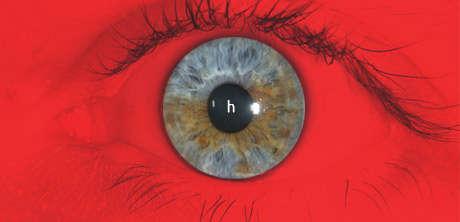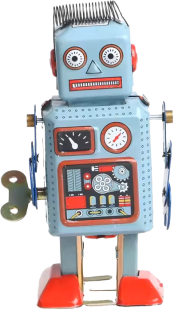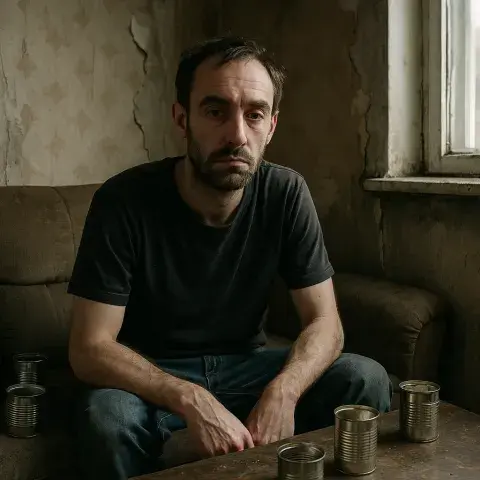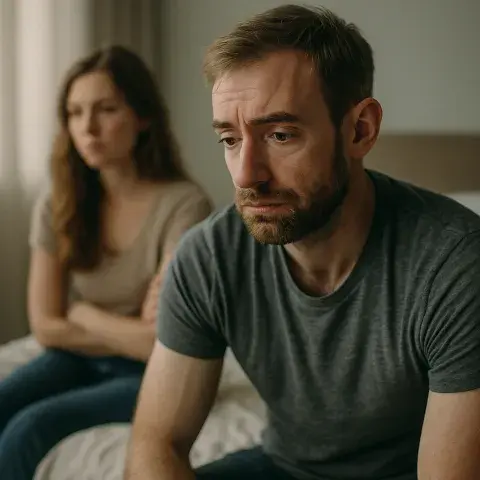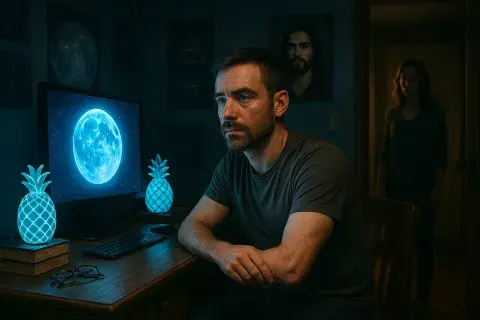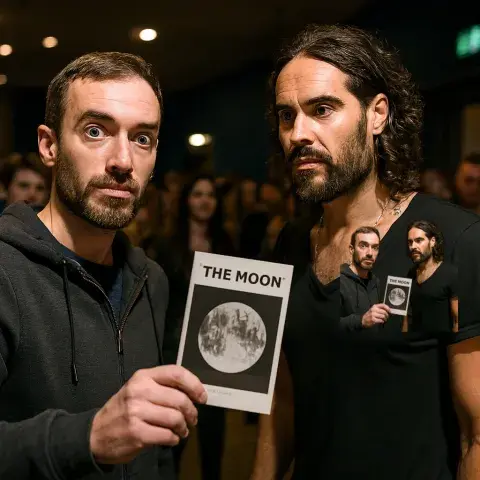Chapter 12 - Apocalypse soc

When I arrived at Staffordshire University, I was just another wide-eyed student, lugging a suitcase of clothes and a head full of dreams. What I didn’t know then was that I was about to leave a legacy—something bigger than a degree, bigger than myself.
It all started with the internet. Staffordshire had this insanely fast connection, and the entire campus was wired together. For a gamer like me, it was paradise. I spent my first few nights glued to my computer, diving into the world of online gaming, feeling this incredible buzz from being part of something bigger, something interconnected. That’s when it hit me—why not take this energy and turn it into something real? Something that would bring people together in person, not just behind a screen.
That’s how The Apocalypse Society was born. It started as a small group of us meeting up to game together. No lofty goals, no visions of grandeur—just a bunch of geeks hanging out. But it didn’t stay small for long. Word got out, and soon people were showing up who weren’t even hardcore gamers. They just wanted to be part of the vibe, the chaos, the fun.
We expanded. Gaming nights turned into tournaments. Movie marathons—think Mad Max and Dawn of the Dead—became legendary. It started as a joke, the kind of throwaway idea tossed around during a late-night hangout: "We should throw the craziest party this place has ever seen." The place in question was the port cabin—hardly a glamorous venue, but for our group, it was a perfect canvas for chaos. A few text messages, some bottles of questionable liquor, and an overzealous playlist later, it was happening. My party. My riot. My accidental legacy.
At first, it was exactly what you'd expect. Loud music blasted, people crammed shoulder to shoulder, the cheap chairs slowly getting commandeered as makeshift dance platforms. Someone stuck glowsticks to the walls, and a game of beer pong turned competitive enough to warrant a cheering section.
But then the night took on a life of its own. Drinks spilled, the bassline became the heartbeat of madness, and someone decided it was a great idea to graffiti the walls. A half-deflated air mattress appeared out of nowhere—no one questioned it—and the dancing morphed into something between a mosh pit and a marathon.
I knew the line had been crossed when the fire extinguisher came out, a hiss of foam spraying over the crowd like confetti. People screamed with laughter as someone pretended to surf on a piece of plywood ripped from somewhere—though nobody could quite agree where.
By the time morning light started creeping through the broken blinds, the cabin looked like a tornado had hit it. Tables were cracked, a single shoe hung precariously from the ceiling, and someone’s jacket had been sacrificed to a puddle of sticky mystery liquid on the floor.
The fallout was swift and merciless. The port cabin was banned for all future society events. No group, no excuses. It had become hallowed ground, sealed off as a monument to our one night of infamy.
People started referring to it in hushed tones, like it was the stuff of legends. "Remember that port cabin party? The one that ruined it for everyone?" A badge of honor, if you ask me.
For me, that night wasn’t about property damage or debauchery—it was about liberation. We weren’t the best-behaved, sure, but we were alive. Gloriously, unapologetically alive. To this day, I catch myself grinning at the memory, wondering if that lone shoe ever came down.
People loved the name. "Apocalypse Society." It sounded ominous but exciting.
By my second year, we were the biggest society on campus. And when we won the Society of the Year award, I can still remember standing there, grinning like an idiot, holding this tiny glass trophy in my hand. I wasn’t thinking about the hours spent organising events, the late nights editing posters, or the frantic emails to get funding. I was just thinking: We did it. We built something that mattered.
And that’s what The Apocalypse Society was—a place where people found connection, camaraderie, and a bit of chaos in their lives. When I left Staffordshire, it felt bittersweet, knowing I wouldn’t be part of it anymore. But I’ll always have those memories. And maybe, somewhere out there, the society is still going strong, living up to its apocalyptic name.
